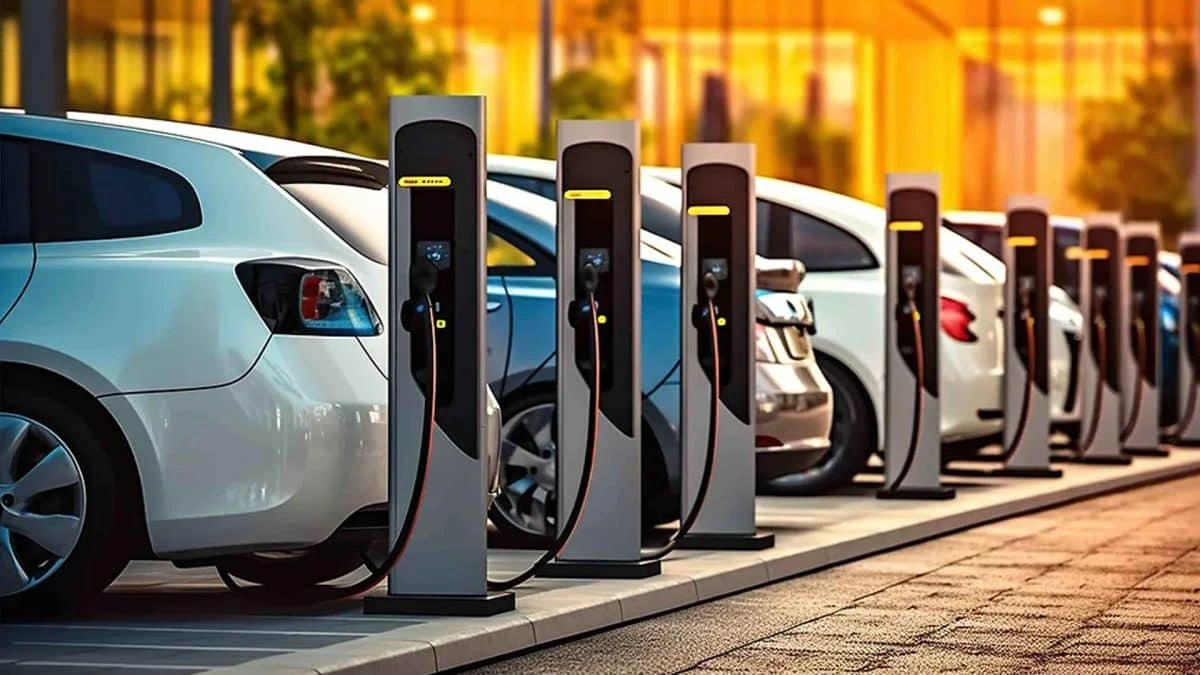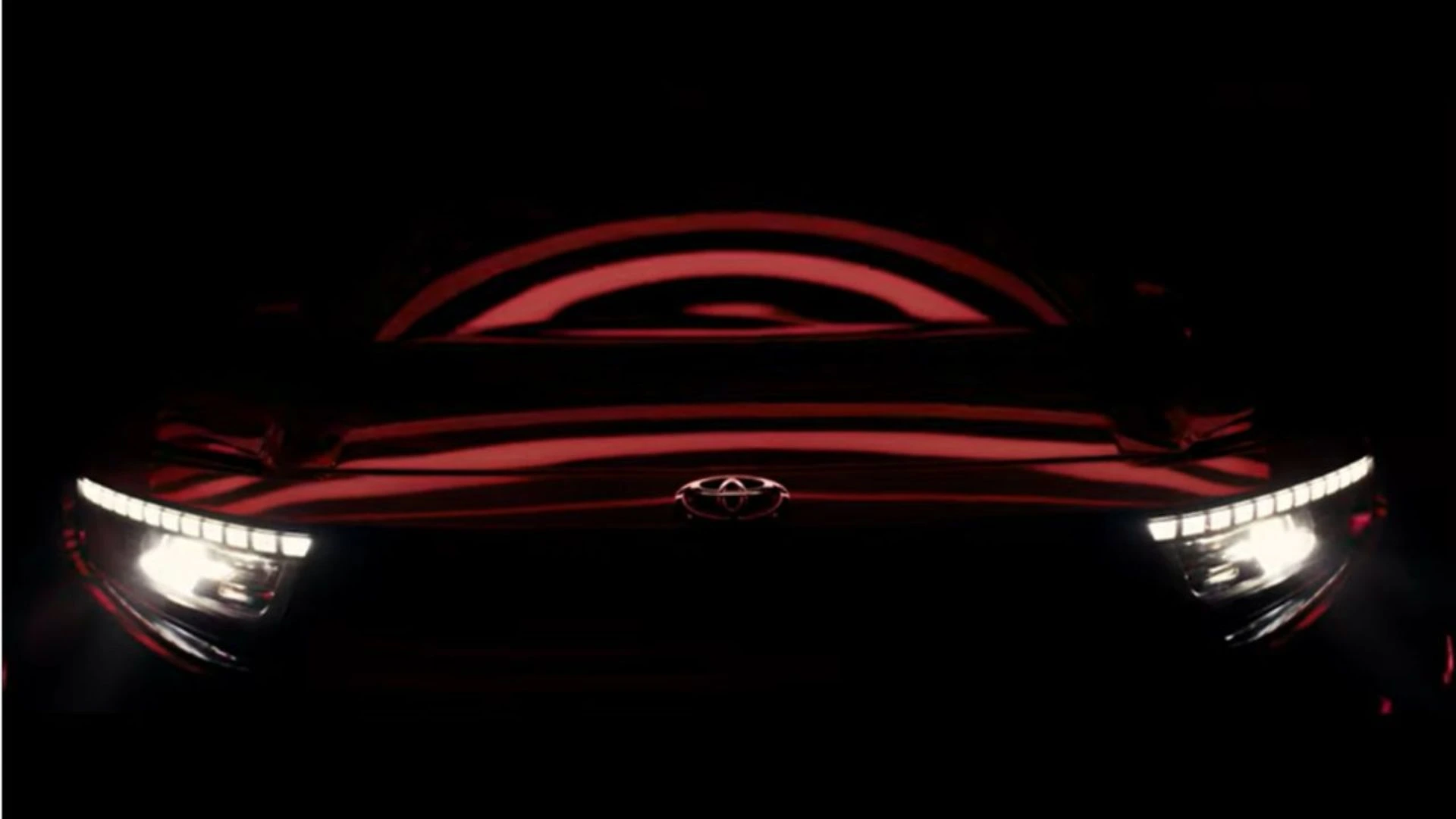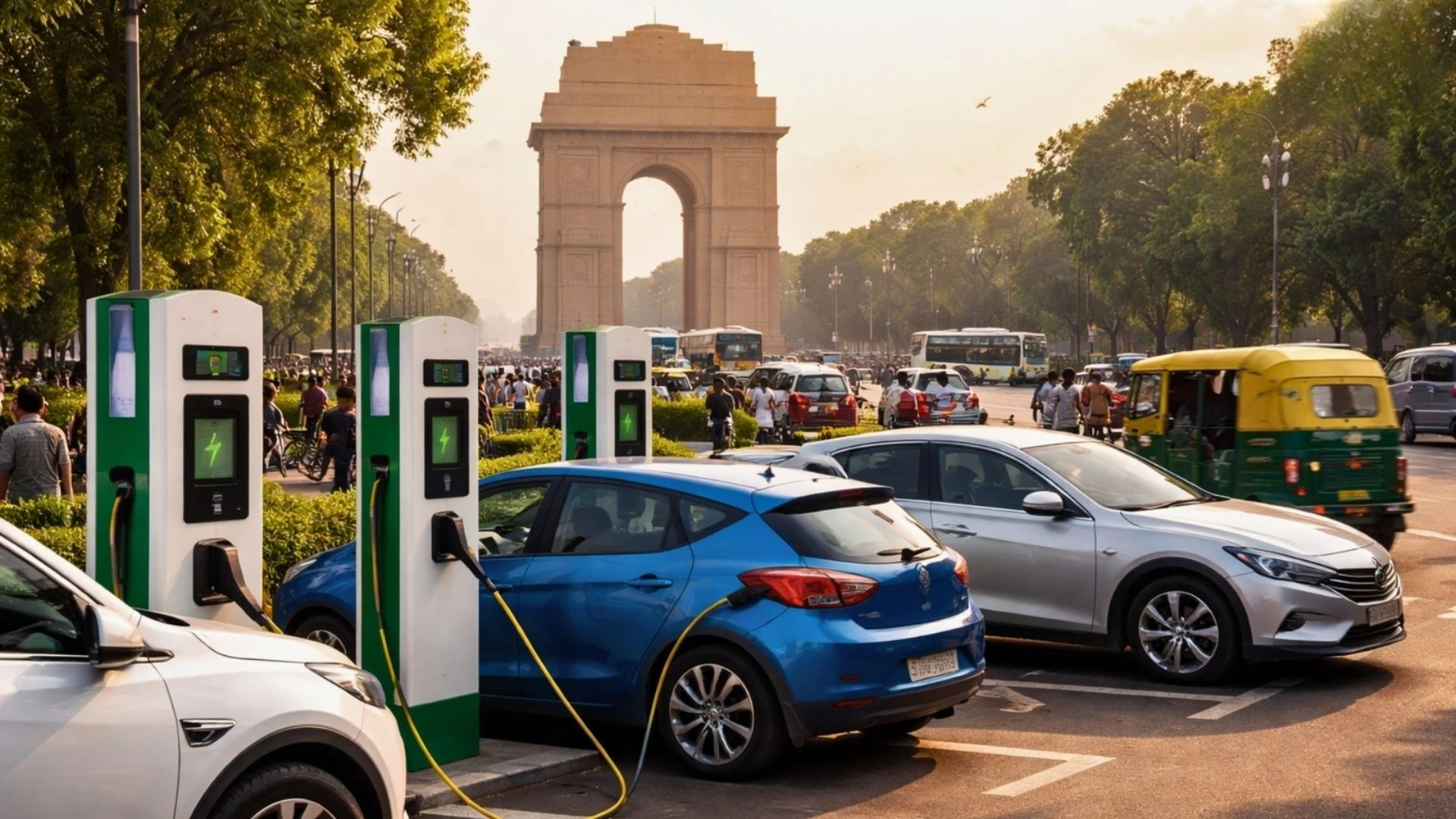
Table of Content
▼- Major Highlights of the Maharashtra Electric Vehicle Policy
- 1. Subsidy on Electric Vehicle Purchases
- 2.Toll Exemption for EV Owners
- 3. Expansion of EV Charging Station Network
- 4. Incentives for EV Manufacturing
- 5. Green Infrastructure Property Tax Exemption
- Importance to Maharashtra
- Environmental Impact
- Economic Opportunities
- Quality of Life
- Conclusion: Paving the Way for a Greener Future
The Maharashtra Electric Vehicle Policy 2025 represents an important milestone in the state's endeavor to limit emissions and promote clean, sustainable transport. With a budget outlay of ₹1,993 crore, the policy provides numerous incentives in the form of subsidies, rebate in tolls, and even a respite on property tax, whose sum purpose is to make EVs more popular and affordable for the common man.
Besides these monetary paybacks, the government is also targeting the upgrading of strong EV station infrastructure for the growing interest in electric mobility.
An insider on all the important highlights of the Maharashtra Electric Vehicle Policy 2025 and how it aims to accelerate the transition toward electric vehicles in the state is given below.
Major Highlights of the Maharashtra Electric Vehicle Policy
1. Subsidy on Electric Vehicle Purchases
Part of the major attraction of the new policy is the subsidy given to consumers who buy electric vehicles. The state government has declared:
- 10% subsidy for two-wheeler, three-wheeler, and private vehicle purchase.
- 15% subsidy on buying electric good carrier and tractor.
- Waiving the registration charge for the entire EV purchase in Maharashtra.
These subsidies would cut the up-front cost of EVs heavily, thus proving to be an enticing alternative to customers, particularly in a marketplace where the cost differential between electric vehicles and their gas-powered equivalents had proven to be the chief dampener.
Also Read:Lamborghini Temerario India Launch Price ₹6 Crore
2.Toll Exemption for EV Owners
The other aspect is the incentive that the policy offers concerning toll exemption for electric vehicles commuting over major highways and expressways. This, in fact, would encourage further long-distance travel by electric vehicles and further lower the cost of ownership in its entirety. Specifically, it includes:
- 100% Toll Waiver for EVs on the major corridors like Mumbai-Pune Expressway, Atal Setu (Shivdi-Nhava Sheva), and Samruddhi Mahamarg.
- 50% concession in tolls on other state and national highways for electric vehicle owners.
This is to make EVs even better for everyday use, particularly for intercity travel with minimum running costs.
3. Expansion of EV Charging Station Network
Perhaps, one of the greatest concerns of possible buyers of electric vehicles is the availability of charging stations. The government of Maharashtra would give utmost priority to the setting up of an elaborate EV station network for the state. Highlights include:
- EV chargers every 25 kilometers on highways to ensure hassle-free long-distance travel.
- Urban charging infrastructure to be expanded in areas like malls, parking lots, and commercial zones.
- Collaboration with private players to build and maintain the network, ensuring EV station access across all towns.
By supporting charging infrastructure, Maharashtra enables its residents to switch over to electric vehicles without concerns about charging limitations.
4. Incentives for EV Manufacturing
Investment in EV manufacturing in Maharashtra is yet another objective. The state wants to promote local production of electric vehicles and associated components by providing various incentives. These include:
- Capital subsidies to manufacturers for setting up EV production facilities.
- Tax incentives, land assistance, and high-priority clearances to expedite factory installations.
- Employment-linked incentives to enhance job generation for the local population.
By creating a strong EV manufacturing ecosystem, Maharashtra aims to become a hub of electric vehicle production and innovation that will contribute significantly to India's clean energy goals.
5. Green Infrastructure Property Tax Exemption
To stimulate uptake of EV stations and other green technologies in residential and commercial buildings, Maharashtra has introduced property tax incentives for green buildings. These include:
- Property tax exemption for buildings installing EV charging stations or green infrastructure such as solar panels and rainwater harvesting system.
- Concessions for buildings meeting environmental standards or undergoing green certification.
These incentives promote sustainable building practices, complementing the state's broader push toward eco-friendly transport and urban planning.
Summary of Benefits Relating to the Policy
|
Benefit Area |
Description |
|
EV Purchase Support |
10% for two-wheelers and personal cars, 15% for electric tractors and goods vehicles |
|
Toll Exemption |
100% exemption on major expressways, 50% on other roads |
|
EV Station Infrastructure |
25 km charging station intervals and urban network expansion |
|
Manufacturing Incentives |
Capital subsidies, land assistance, employment-linked grants |
|
Property Tax Relief |
Rebates for buildings with green infrastructure like EV charging stations |
Importance to Maharashtra
The Maharashtra Electric Vehicle Policy 2025 is a transformative document for the state, with benefits observable across several sectors:
Environmental Impact
- Promotes electric vehicles to curb emissions.
- Aims for better air quality and a cleaner environment.
- Supports the government's national vision to reduce carbon footprints and boost clean energy.
Economic Opportunities
- Generates jobs across multiple industries — manufacturing, tech, and infrastructure.
- Drives demand in sectors like battery production, EV software, and station maintenance.
- Boosts local economy by encouraging EV manufacturing within the state.
Quality of Life
- Reduces noise and air pollution in urban zones.
- Lower running and maintenance costs make EVs more accessible.
- Supports the growth of environmentally conscious communities.
Conclusion: Paving the Way for a Greener Future
The Maharashtra Electric Vehicle Policy 2025 is a bold and integrated plan that addresses the issues of EV uptake head-on — affordability, infrastructure, production, and sustainability. Through subsidies, toll waivers, expanding EV stations, and even offering property tax rebates, the policy aims to establish an ecosystem conducive to the mass use of electric vehicles.
As the Maharashtra government starts implementing this revolutionary policy, the state is poised to be at the forefront of India’s electric mobility revolution. The long-term gains will not only be a cleaner environment but also a prosperous economy that benefits both consumers and producers in the electric vehicle sector.
Also Read:Maruti e Vitara Launch Delayed to September 2025
Follow Autonexa Whatsapp Channel to stay updated with the latest happenings in the automobile industry.
Neha Mehlawat
Neha Mehlawat is an automotive journalist and industry analyst with 10+ years of experience covering cars, bikes, and mobility trends. She tracks the latest launches, technology upgrades, and policy changes in the auto sector, delivering sharp insights that help readers stay ahead in the fast-evolving world of automobiles.




_1772434876.webp)
_1772098099.webp)


